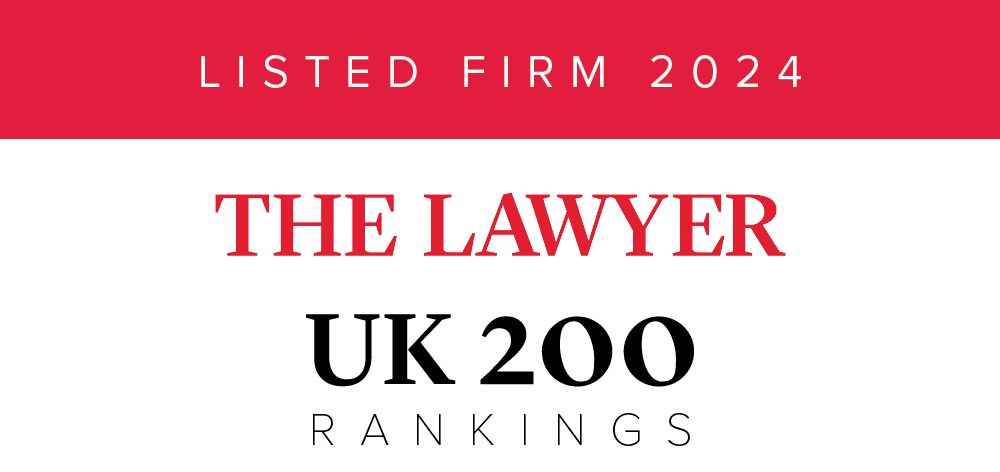Transfer of Undertakings (TUPE)
When your business takes over another, outsources services, or undergoes a merger, the TUPE Regulations can apply. TUPE is complex, so it is essential to obtain the right legal advice early on in order to manage risk, ensure that you comply with your legal obligations and keep your workforce engaged.
If TUPE applies there will be:-
- An automatic transfer of employees on their existing terms and conditions;
- Onerous consultation duties with affected employees or their representatives, which might be the Union;
- The transfer of responsibility for employment rights, liabilities and claims to the new employer;
- A risk of claims where there is alleged mishandling of TUPE, which can include unfair dismissal, a failure to inform / consult or even breach of Contract.
There are inevitably going to be complex issues relating to the transfer of Contracts of Employment, such as the potential need to harmonise terms, especially as changes are void, if they are made purely because of the transfer. If the consultation procedure is mishandled or there is a failure to provide certain information to staff representatives, employers can face compensation of up to 13 weeks' gross pay per affected employee.
How We Can Help
- Advising on whether TUPE applies in business sales, service provision changes or out-sourcing;
- Drafting and reviewing employee liability information that has to be provided to the acquiring business;
- Supporting you with the provision of information to andconsultation processes with staff and representatives;
- Advising on contractual issues, e.g., changes post-transfer;
- Handling TUPE related dismissals and redundancy processes;
- Negotiating indemnities and warranties in your commercial agreements;
- Providing strategic planning to minimise risk and your business interests by reference to a TUPE project time-line.
Why Choose Us
- Specialist Employment Solicitors with years of TUPE expertise;
- Experienced in advising on all employment law related aspects of mergers, acquisitions, and out-sourcing projects;
- Tailored advice balancing legal compliance with commercial strategy;
- Project based support available.
Speak to our Employment Team
If you are facing a TUPE situation or are even usure whether TUPE will apply to a business transaction you are involved in, early advice makes all the difference if you are seeking to minimise risk, protect your business and effectively manage the process.
























